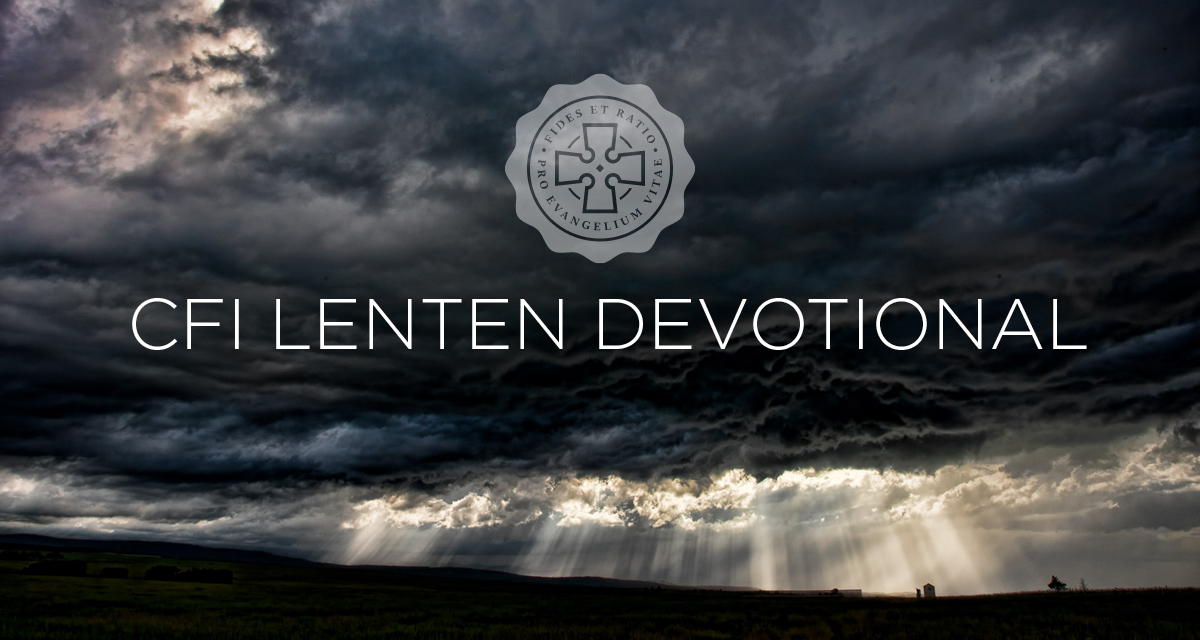Lenten Devotional: The Urgency of Repentance
During Lent, the Center for Faith and Inquiry (CFI) shares weekly meditations penned by members of the Gordon community. Join CFI this Lenten season in prayer, in contemplation and in anticipation. Sign up to receive these devotions in your inbox weekly >
Ash Wednesday: Joel 2:12–17 and 2 Corinthians 5:20–6:10
Throughout Scripture, repentance always entails a profound sense of urgency. Although we’re frequently exhorted to wait on the Lord, the Bible never suggests we should wait to repent. For Joel, prophesying at a time when Judah was experiencing God’s severe judgment in the form of a locust plague, the idea that turning from sin could somehow be postponed to a more “convenient” time would have seemed absurd. The time for repentance is always now.
How easy it is, though, to treat our sins with something less than the urgency they demand. How apt we are to excuse or ignore our transgressions as if they were harmless foibles rather than rebellious acts against our righteous Lord. How quickly we forget that we answer to a holy, sovereign king whose judgment is just and whose justice is swift.
One of the great blessings of Ash Wednesday is that it helps reawaken in us a sense of our sin’s seriousness. It invites us to focus our attention anew on the urgent need to turn from our iniquities and cry out to God. At the same time, a potential risk of Ash Wednesday is that it can, if we’re not careful, inadvertently contribute to the false notion that repentance is something we can pencil into our calendars, like a doctor’s appointment or an evening with friends. Rightly understood, however, today is not about taking our sin seriously once, and only once, a year. It is about reminding us that now is the time for repentance: “‘Even now,’ declares the Lord, ‘return to me with all your heart, with fasting and weeping and mourning.’” (Joel 2:12).
Of course, to confront our sin honestly requires God-given courage. Searching our hearts with sober, clear-eyed vision is a daunting, often discouraging task. As Christians, however, such searching needn’t lead to despair. Why? Because God is “gracious and compassionate, slow to anger and abounding in love” (Joel 2:13). The Apostle Paul knew the wondrous truth of Joel’s proclamation because he recognized its fullest expression in Christ’s atoning sacrifice: “God made him who had no sin to be sin for us, so that in him we might become the righteousness of God” (2 Cor. 5:21). Today and every day, we can face our sin not only with urgency but also with hope because our forgiveness has already been purchased through the blood of Christ. Brothers and sisters, “I tell you, now is the time of God’s favor, now is the day of salvation” (2 Cor. 6:2).
By Chad P. Stutz, Chair of the Department of English, Languages and Linguistics
 The Bell
The Bell